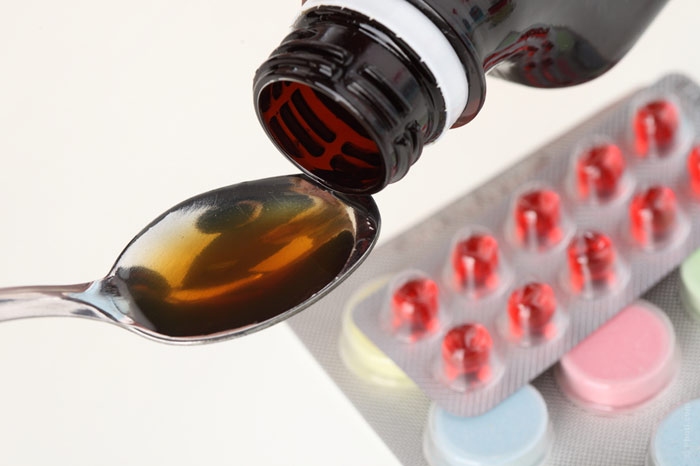 The feeling of malaise, coughing and sore throat is not a rare thing during travel. A study conducted by the Journal of the American Medical Association showed that an average of 20% of aircraft passengers reported respiratory infections that developed five to seven days after the flight. Of course, you can use disinfectants and even a mask, but there are a few more small ways to prepare for the trip not to get sick.
The feeling of malaise, coughing and sore throat is not a rare thing during travel. A study conducted by the Journal of the American Medical Association showed that an average of 20% of aircraft passengers reported respiratory infections that developed five to seven days after the flight. Of course, you can use disinfectants and even a mask, but there are a few more small ways to prepare for the trip not to get sick.
Watch the amount of sleep
Jetlag can interfere with your plans for rest, but if you ignore all the signals of your body that it needs a little sleep, the probability is high that you will quickly catch a cold after something as simple as a draft. According to statistics, people who sleep six hours a day or less are four times more likely to catch a cold than those who get seven or more hours of sleep.
If you are in an uncomfortable bus or occupy a middle seat on an airplane, sleeping well can be difficult. Therefore, when compiling the route, special attention must be paid specifically to your sleep, which should be added to the timetable. If you know that you can lose the schedule because of the change in time zones, try to take into account the difference and slowly adjust to the new day regime.
Do not drink an extra glass
Drinking alcohol can easily lead to dehydration and hangover symptoms, but this can be avoided if you make sure that you drink enough plain water. However, this does not reduce the impact on the immune system – after taking alcohol, your body becomes more susceptible to the development of bacteria. The only thing you can do in this situation is to limit the use of alcohol.
Humidify
A few more words about water: even without alcohol your organism can experience a state of dehydration, for example, because of the air and low humidity in the airplane. This also increases the risk of infection with viruses because only moistened airways do not let germs pass.
At the same time, increased humidity is not an ideal atmosphere for your body: sweat does not evaporate and does not allow the body to cool. This means that you need to take extra care with the hydration of the body, otherwise you risk getting headaches, dizziness and general fatigue. Avoid caffeine on a trip and choose products with high water content more often, such as fruits and vegetables.
Control food
Salty food can also dehydrate your body, and too much fatty food takes too much time to digest. You can feel the mood swings due to hunger and sugar. Excessive consumption of foods with carbohydrates and sugar changes the level of sugar in the blood, which leads to unpleasant consequences. Try to focus on the foods, which are easier to digest; avoid sugar, salt, and carbohydrates. Balance the diet with fruits, vegetables, nuts, and whole grains and listen to your body.
Avoid stress
Even a trip to the airport can be a nervous event, not to mention the customs or the flight itself. Any excess body strain that occurs against the background of jetlag, dehydration and increased physical activity only increase the risk of catching an infection.
Try to take a few minutes, sit down in a quiet place and rally your thoughts. Try simple methods of meditation. On arrival at the hotel, simple asanas will help reduce tension in the back.
Prepare in advance
The best way to stay healthy while traveling is to take care of yourself long before the trip. Your body is constantly exposed to different microbes, so it is very important that the immunity is strong. You can check your health yourself, as well as plan a physical exercise and diet with enough useful elements.









